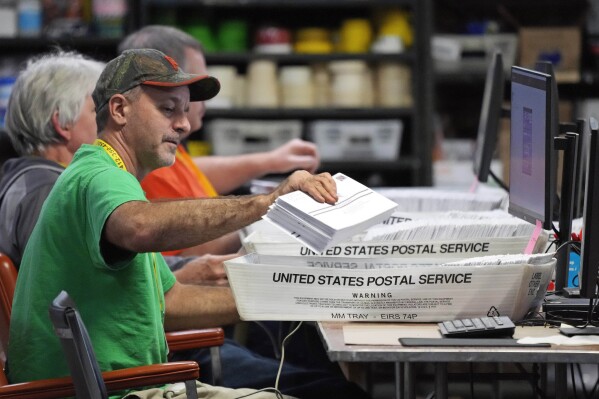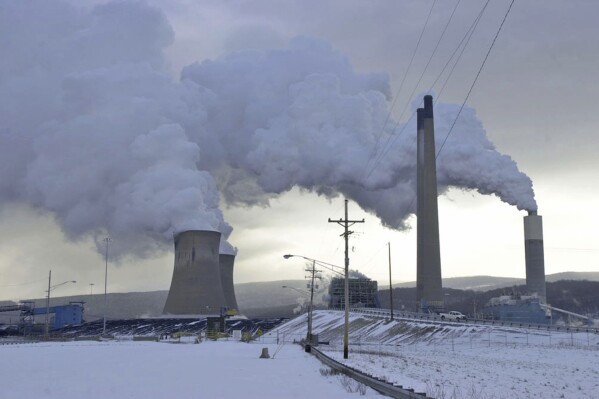Automatic pay raise pays dividends, again, for top state officials in Pennsylvania
HARRISBURG, Pa. (AP) — A Pennsylvania law that delivers automatic pay raises for state officials will pay dividends next year for lawmakers, judges and top executive branch officials.
The law will give more than 1,300 officials — including Gov. Josh Shapiro, 253 lawmakers and seven state Supreme Court justices — a pay raise of 3.5% in 2024, matching the latest year-over-year increase in consumer prices for mid-Atlantic urban areas, as determined by the U.S. Bureau of Labor Statistics.
And that’s on pace to be more than what the average Pennsylvanian will get. The average year-over-year increase in wages for Pennsylvanians was 2% through the middle of 2023, according to federal data on private sector wages.
The new, higher salaries required by a 1995 law are effective Jan. 1 for the executive and judicial branches, and Dec. 1 for lawmakers.
 Democrats who swept Moms For Liberty off school board fight superintendent’s $700,000 exit deal
Democrats who swept Moms For Liberty off school board fight superintendent’s $700,000 exit deal
 Federal judge says Pennsylvania mail-in ballots should still count if dated incorrectly
Federal judge says Pennsylvania mail-in ballots should still count if dated incorrectly
 Pennsylvania governor appeals decision blocking plan to make power plants pay for greenhouse gases
Pennsylvania governor appeals decision blocking plan to make power plants pay for greenhouse gases
Shapiro’s salary will rise to $237,679 while Lt. Gov. Austin Davis, Treasurer Stacy Garrity, Auditor General Tim DeFoor and Attorney General Michelle Henry will each get a boost that puts their salaries just shy of $200,000. The increase also applies to members of Shapiro’s Cabinet.
Chief Justice Debra Todd, the highest paid judicial officeholder, will see her salary rise to $260,733, while salaries for other high court justices will rise to $253,360. The raises also apply to 1,000 other appellate, county and magisterial district judges.
The salaries of the two highest-paid lawmakers — Senate President Pro Tempore Kim Ward, R-Westmoreland, and House Speaker Joanna McClinton, D-Philadelphia — will rise to $166,132, while the salary of a rank-and-file lawmaker will rise to $106,422.
The salary increase that went into effect for this year was the biggest inflationary increase since the 1995 law took effect, delivering a 7.8% boost. Private sector wages increased by about half as much in Pennsylvania, according to government data.
The government salary increases come at a time of steady growth in wages for private sector workers — although not nearly as fast.
Still, the average wage in Pennsylvania has increased by more than the region’s inflation indicator, the mid-Atlantic consumer price index. Since 1995, the average wage has risen 140%. The 1995 law’s inflationary boosts have increased salaries by about 91%, according to government data.
___
Follow Marc Levy: http://twitter.com/timelywriter
Disclaimer: The copyright of this article belongs to the original author. Reposting this article is solely for the purpose of information dissemination and does not constitute any investment advice. If there is any infringement, please contact us immediately. We will make corrections or deletions as necessary. Thank you.




